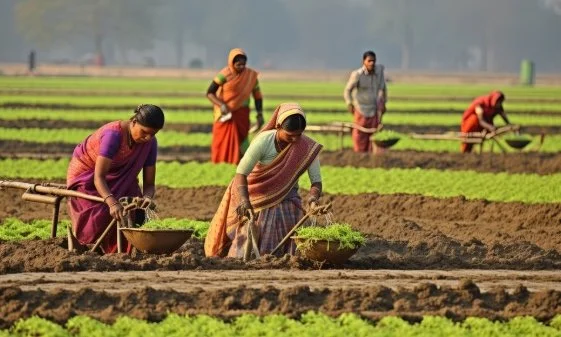
More Borrowers Fall Behind on Microfinance Loans in Rural India
A new report by Sa-Dhan, a body that monitors microfinance in India, shows that more people, especially in rural areas, are falling behind on small loan payments, indicating that many low-income families are struggling to manage their daily finances.

Kerala High Court Questions Centre’s Bias in Disaster Relief Allocation
The Kerala High Court has criticised the Union government for refusing to waive the loans of survivors of the devastating Wayanad landslides, citing the Centre’s past disaster relief to Bharatiya Janata Party (BJP)-ruled states as evidence of selective treatment. The criticism appears to question whether the Union government is applying its powers to distribute financial relief in a politically biased and arbitrary manner, rather than upholding the neutrality expected in a federal system.

Suicide of Senior IPS Officer Reveals Caste Bias at the Heart of State Power
A senior police officer on Haryana has died by suicide, leaving behind an eight‑page note directly accusing serving and retired senior officers of caste‑based discrimination, humiliation and harassment, naming them individually. The state, understood as the guarantor of rights and equality, appears not only unwilling but also incapable of confronting caste injustice, even within its highest institutions.

CBI Arrests Accused in Custodial Death Case Only After Supreme Court’s Pressure
The Supreme Court had to threaten contempt proceedings against the Central Bureau of Investigation (CBI) to get two Madhya Pradesh police officers arrested in a custodial death case. This reveals how state institutions are willing to go to shield their own when ordinary citizens’ rights are violated unless the judiciary directly intervenes and maintains pressure.
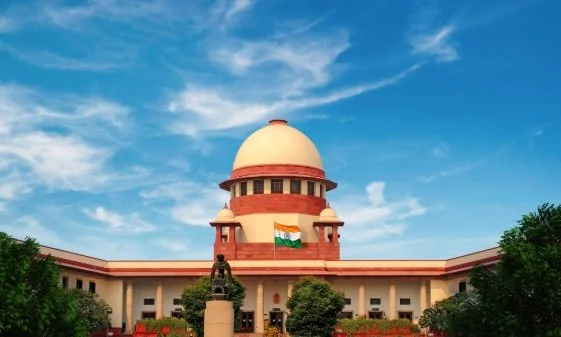
Why Shoe Thrown at CJI Over Idol Remark is Disturbing
A lawyer who threw a shoe at Chief Justice of India B.R. Gavai inside the courtroom after his public interest petition was dismissed has said he does not regret it. His unapologetic stance suggests the act was not a sudden emotional reaction. It appears to reflect ideological absolutism, the belief that one’s views are unquestionable, which can lead individuals to defy democratic norms, justify disruption in the name of faith and assume public support for such behaviour.
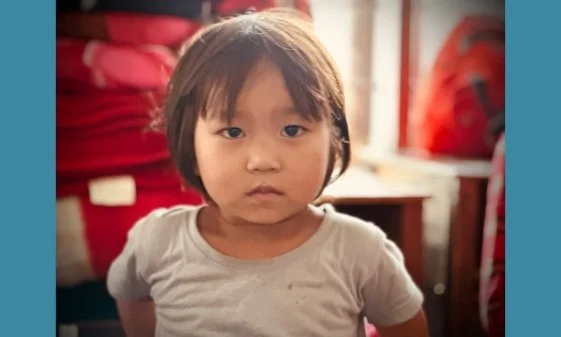
Why Has Biren Singh Been Included in Manipur BJP’s Bid to Regain Power?
N. Biren Singh, the former Chief Minister of Manipur, has arrived in Delhi with a delegation of Bharatiya Janata Party (BJP) legislators and former ministers to seek the revival of an elected government in the state. His inclusion deserves scrutiny, as the Supreme Court has ordered a forensic examination of audio recordings that allegedly feature his voice making remarks linked by petitioners to the ethnic violence. The visit also comes two weeks after a deadly attack on an Assam Rifles convoy that intelligence agencies suspect was politically motivated.
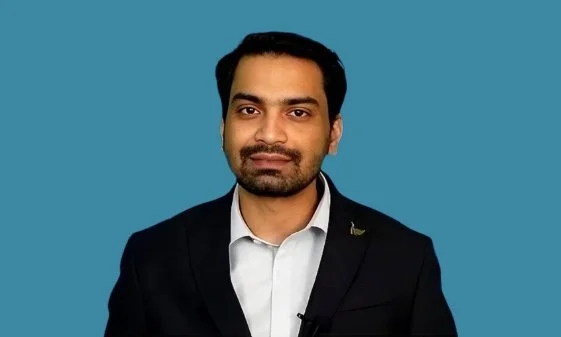
Uttarakhand Journalist Dies After Reported Threats, Probe Underway
The body of a journalist, Rajeev Pratap, was found in a river in northern India days after he went missing, prompting calls from his family and press freedom groups for a formal investigation. Police initially said the death appeared to be the result of a car accident, but authorities have since formed a special team to examine the case further.
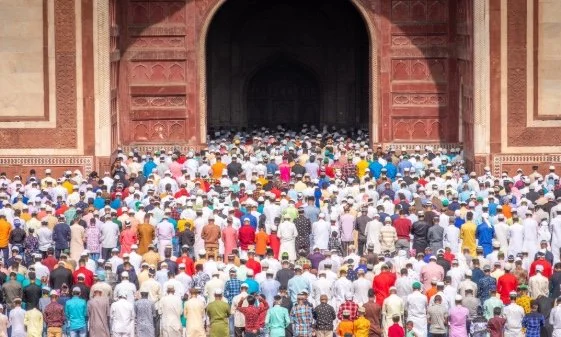
Is Uttar Pradesh’s Crackdown on ‘I Love Muhammad’ Just and Wise?
Uttar Pradesh has launched a series of criminal and administrative actions after banners reading “I Love Muhammad” appeared during a Milad-un-Nabi procession in Kanpur. Following complaints that the banners had been placed in new locations and that some other posters were allegedly removed, police registered FIRs, made arrests and moved to demolish properties linked to those accused. The government’s response raises serious concerns about proportionality, neutrality and wisdom in governance.

Why Do Officials Stay Silent on NCRB Suicide Data?
The National Crime Records Bureau (NCRB) has released its 2023 suicide statistics, once again through a quiet website upload with no official briefing, no explanation from any ministry, and no space for scrutiny. This silence demands questioning, as it blocks civil society and the press from holding departments accountable for mounting human tragedies.
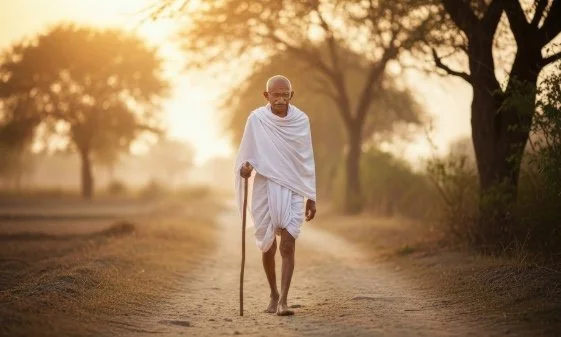
Today’s India Fails Mahatma Gandhi’s Test of Governance
Gandhi, whose 156th birth anniversary we observe today, offered a moral compass for public life in one of his final written messages. If applied now, it exposes a persistent wrong at the heart of India’s politics and society. He wrote: “Whenever you are in doubt, or when the self [ego] becomes too much with you, apply the following test. Recall the face of the poorest and the weakest man whom you may have seen, and ask yourself, if the step you contemplate is going to be of any use to him. Will he gain anything by it? Will it restore him to a control over his own life and destiny?”
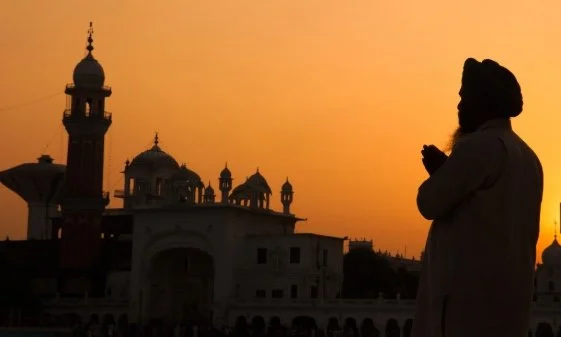
Punjab’s Anti-Sacrilege Bill Could Trigger Repression, Violence: Former Civil Servants
A group of 79 retired civil servants has raised alarm over a draft law in Punjab that seeks to criminalise sacrilege, warning that it could open the door to repression, religious strife, and misuse of power. In a joint letter, they urged the state’s legislature to scrap the proposed Punjab Prevention of Offences Against Holy Scriptures Act, 2025 entirely.
